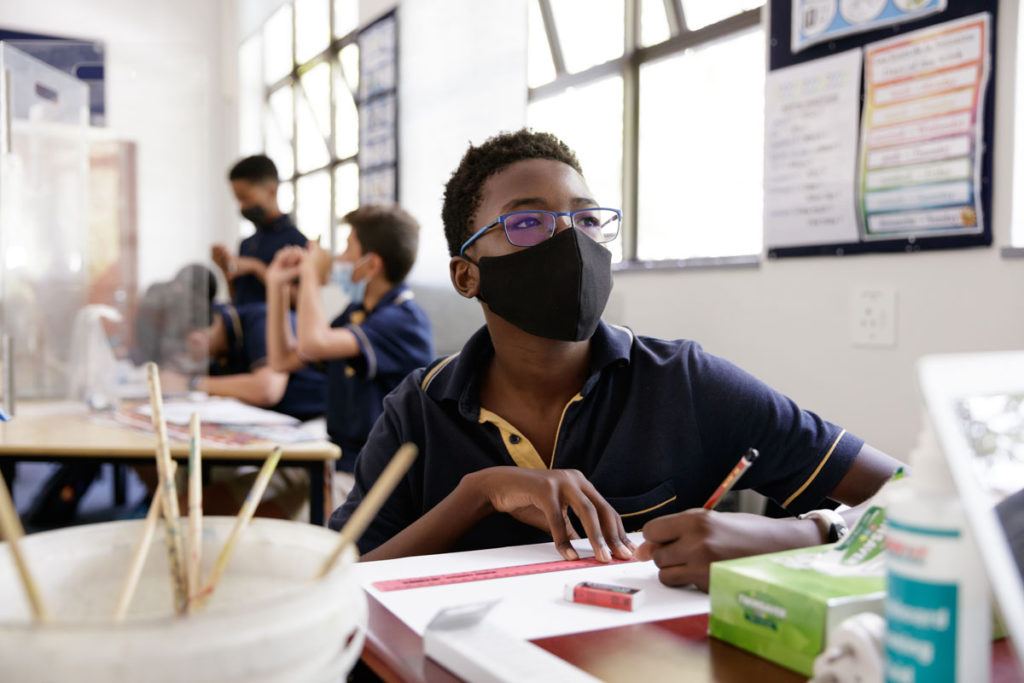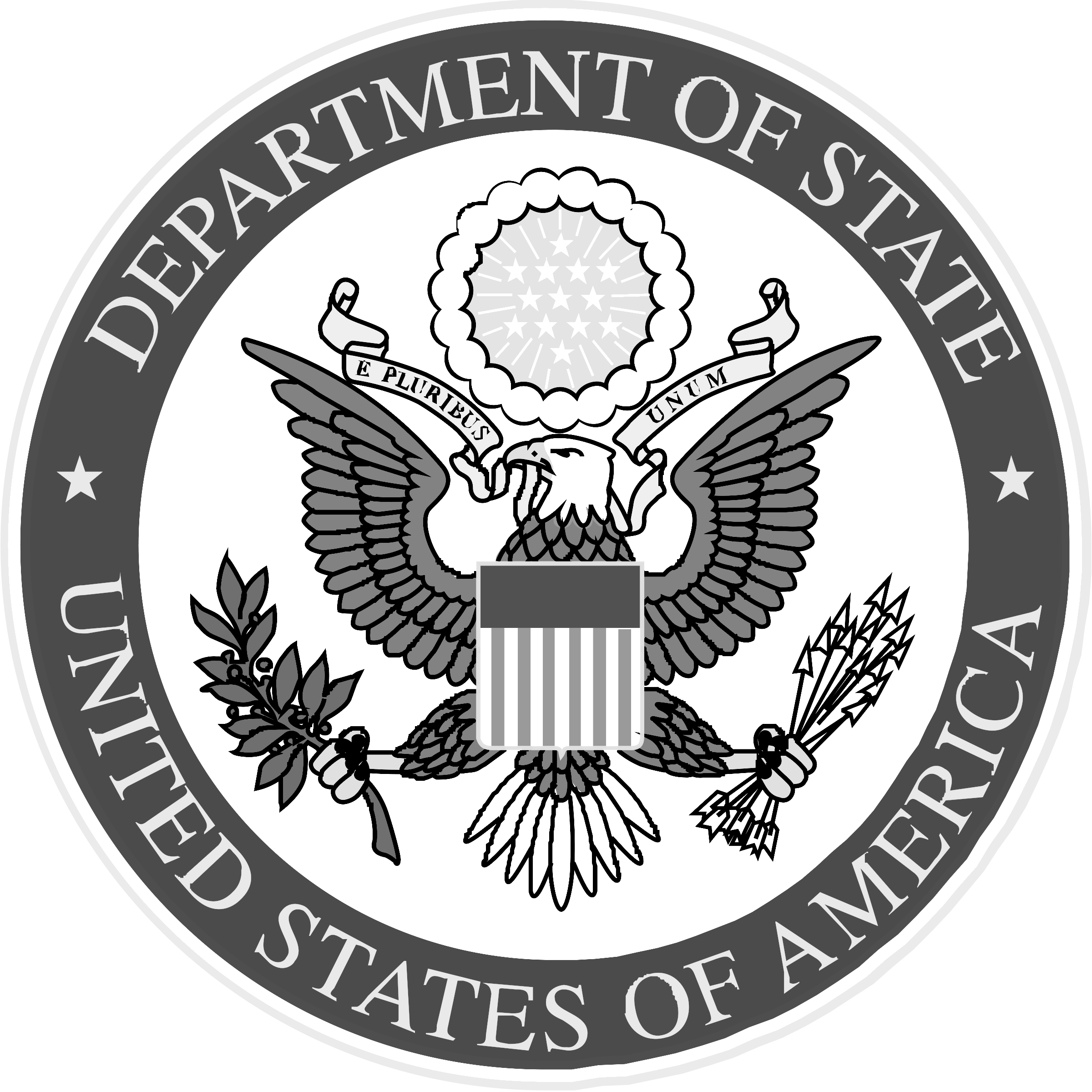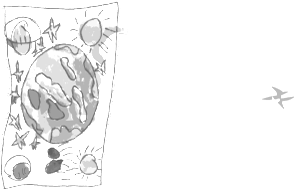
When we discuss teaching and learning at the American International School of Cape Town (AISCT), we talk specifically about a few key areas. We talk about our Definition of Learning, the U.S. curriculum and standards, subject or course offerings, and assessment.
Why are all of these important? They define the type of learning our students will have and how we assess their progress. These elements can differ widely from school to school, and they can all add to the learning experience children have in their schooling.
At AISCT, we have broad goals of what we want learning to look like. We want the learning at AISCT to inspire curiosity, actively engage our learners, connect previous learning with new learning, and facilitate student agency.
In addition, we define learning as a lifelong, dynamic process whereby students acquire and reflect on knowledge and skills to create meaning in new and authentic ways. We know that the learning we provide to our students needs to serve them not only through their time at AISCT or other schools but through university and college and throughout their lives. Being able to apply their learning to other situations in life is key and the foundation for what a U.S. educational philosophy is about.
Understanding the U.S. Curriculum
When we talk about curriculum, we are referring to the learning content and subjects and courses we offer that align with key academic standards. We use the U.S. standards, and our curricula scope and sequencing drives student learning to ensure each child can meet these standards of what they should know and what skills they should master. These standards were developed to support learners in being successful not only in school and college but in life. They focus on developing critical thinking, analytical skills, and creative problem-solving – essential tools for today’s fast-changing world. Using the U.S. standards means that AISCT is aligned with public and private schools in the U.S., but because of the transferable nature of this type of learning, students can easily transfer to other educational programs. At AISCT, we want to ensure that we prepare students to be critical thinkers, to apply their learning to new situations, and to lead meaningful and fulfilling lives.
On account of our diverse student body and our commitment to inclusion, our Director of Teaching, Learning and Innovation adapts our curricula to suit the needs of our students, while maintaining the overarching standards. An example of this adaption is our focus on the Reggio Emilia approach in our Early Childhood Development Center. The Reggio Emilia approach is centered on a holistic, child-centered approach to learning that promotes creativity, meaningful relationships and critical thinking skills in children.
Why Does Assessment Matter?
The way in which student learning is assessed is incredibly important. Assessment at AISCT is not about scores and grades; it is about the learning. It is a way of providing feedback to students for self monitoring and growth. It is a way of showing progress to parents. For learning to be successful, assessment needs to be a process that includes teachers, students, and parents. We assess students in a multitude of ways so that we can gather clear information and then analyze and interpret that holistically. Teachers assess students formatively to gain a clear picture of their understanding at any given time in a unit of learning. This may include one on one conversations, a class “exit” ticket, a quick game (like Kahoot), or a simple thumbs up/down observation. Teachers assess the standards more formally through longer term projects, student-chosen inquiry tasks, exams, essays, performance tasks such as a debate, oral presentation or musical performance. Teachers and students are then able to adapt the teaching and learning based on the assessment findings. This reiterative process allows for continued growth and development.
We believe effective assessment must be based on these seven key principles:
- It must benefit students.
- It must involve students.
- It should support teaching and learning goals.
- It needs to be planned and well communicated to students.
- It should be suited to the purpose.
- It must be fair and valid.
- It should be in line with the school ethos.
Subjects and Courses
A strong educational program should be well balanced and offer a wide range of subject choices for all students, with a further expansion for older students who are starting to consider their area of specialization. This is why even our younger students have classes in art, world languages, and service learning, all alongside their foundational subjects of language arts and mathematics. This is why our High School has over 60 courses on offer.
On account of the diverse community at AISCT, world languages are also an essential part of our programs. We offer French and Spanish from as early as Elementary School.
We also know that for learners to fully embrace the world we currently live in, a strong focus on STEAM (Science, Technology, Engineering, Arts, Mathematics) is key, and we offer a wide selection of related subjects at the High School level, with technology integration starting as young as in our Early Childhood Development program.
Preparing Students Fully
Education today is well researched, and as an international school, we have the advantage of utilizing leading models of global best practices for our learners. With our focus on the U.S. academic standards and curriculum, through our experienced and caring teachers, and on account of our commitment to inclusion, we provide students with the opportunities and confidence to live meaningful lives and positively impact the world.
Download the High School Course List here.














